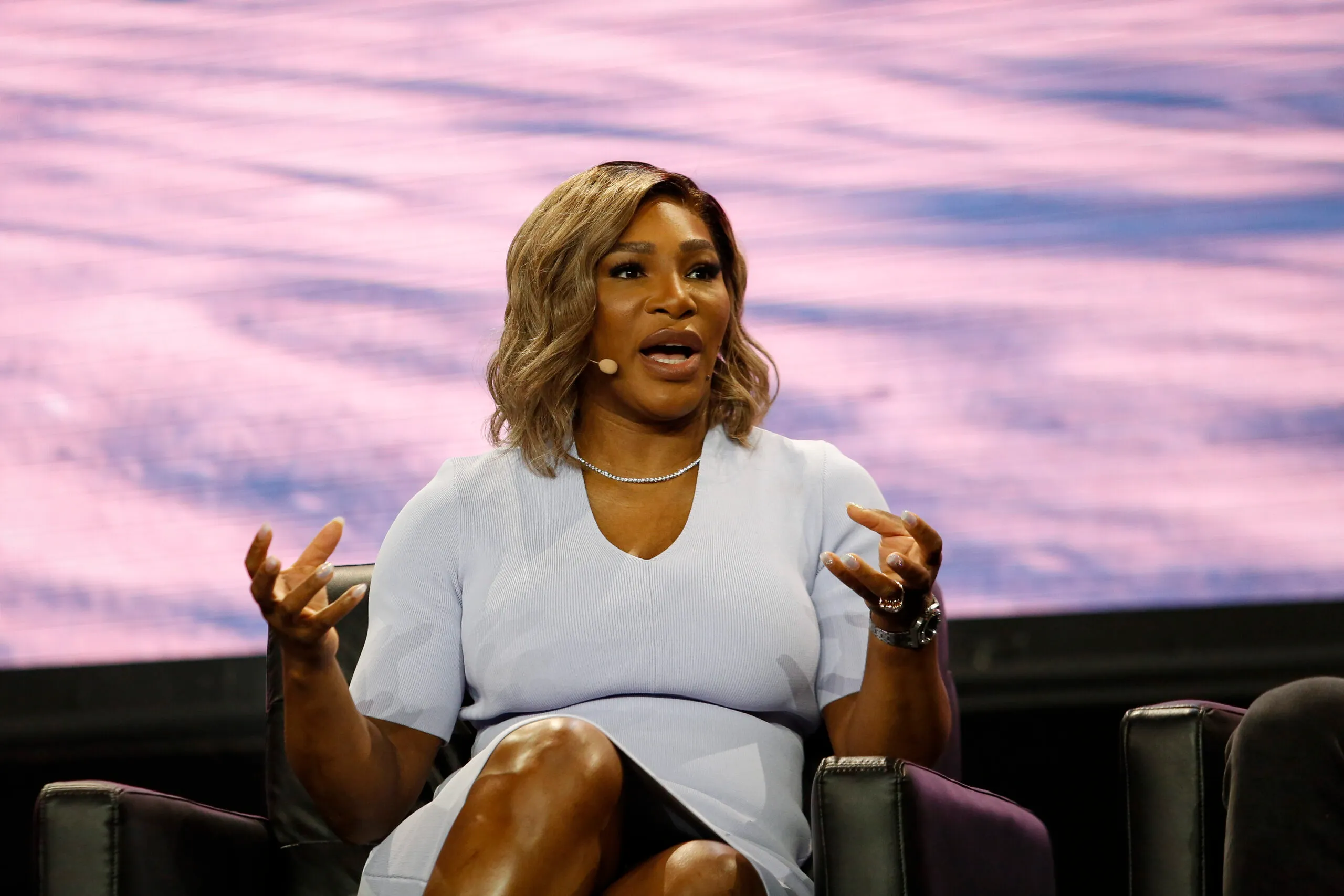Serena Williams recently stirred controversy at the 2024 ESPY Awards with a joke about Caitlin Clark that many perceived as racially charged. During the event held at the Dolby Theatre in Los Angeles on July 11, Williams, who was hosting the awards, made a comparison between Clark and NBA legend Larry Bird. Williams praised Clark, a standout player for the Indiana Fever, for her impressive achievements and three nominations. She humorously likened Clark to Bird, noting their connection to Indiana and joking about how “white people” are enthusiastic supporters of both athletes.

Williams’ comment was intended to be lighthearted but received a strong backlash from viewers. Many criticized the former tennis champion for introducing racial elements into her humor. The reaction on social media was swift and critical, with some fans accusing Williams of perpetuating stereotypes. Comments ranged from “Serena, stop talking” to “Why bring race into it?” expressing disappointment over the unnecessary racial generalizations.

This incident has sparked a broader discussion about the role of race in public discourse and the boundaries of humor. Some felt that Williams’ joke, while possibly intended to be playful, crossed a line and contributed to a negative discourse surrounding Clark. Notably, Williams had previously defended Clark from criticism, which made the current situation even more perplexing to some observers.

In preparation for her hosting duties, Williams had expressed her discomfort with making jokes about people. In an interview with Vanity Fair, she admitted to struggling with some of the lines provided by the writers, revealing a conflict between her personal discomfort and the expectations of her role as a host. She acknowledged that making fun of people was part of the job, but she found it challenging to balance humor with sensitivity.

The fallout from this incident highlights the complexities of navigating humor and race in today’s social climate. While Williams’ intention may have been to entertain, the response underscores the need for thoughtful consideration when addressing sensitive topics. The ultimate goal of such discussions should be to foster understanding and respect, rather than exacerbating existing divides.

As the debate continues, it serves as a reminder of the impact that public figures can have with their words and the importance of considering the broader implications of humor in a diverse and inclusive society.





